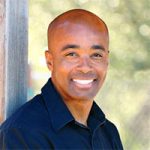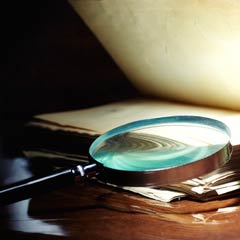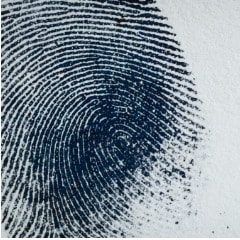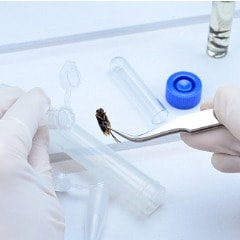
Barry Franklin
The blog provides specific information to help you decide if forensic science is the right choice for you. With the inside scoop on forensic science professors, schools and training programs, as well as detailed information on the steps and requirements to become a forensics professional, the ForensicsColleges.com blog is a fine place to begin your research.

When BTK resumed his communication with the media in 2004, he overlooked a critical fact: this was now the 21st century, and law enforcement officers were becoming increasingly adept at forensic science.

Whether you're an up and coming forensic analyst or just someone who can't get enough of CSI, chances are you have heard a thing or two about blood spatter analysis. This field involves using the physics of fluids to help to determine the events of a (usually) violent crime by analyzing the placement of the blood droplets at the crime scene.

Child abduction in the United States continues to reach astronomically high numbers. Even with advanced technology to help solve cold cases in kidnappings, there is still a pressing need for collaboration between U.S. Government agencies and crime analysis experts to join forces and uncover the truth behind these unsolved crimes.

A criminalist collects, documents, preserves, and examines the physical evidence at a crime scene, which could be something as huge as a bus, or as tiny as a pollen grain; criminologists, on the other hand, study why crimes occur, how they can be prevented, and the effects they have on a society.

The criminal justice system in America is the overarching establishment through which crimes and those who commit them are discovered, tried, and punished. A criminalist is not involved in determining the guilt or innocence of an accused individual. Their job, rather, is to present an objective analysis of the evidence.

Fire investigators, also known as arson investigators, perform an invaluable service to society: they determine the causes of fires, and when necessary, whether a criminal act of arson was involved. These professionals employ both the skills of a scientist and those of a detective in their investigations.

The primary use of forensic entomology is in death investigations as insect activity can reveal when, where, and sometimes how a person died. That said, forensic entomology can also assist in detecting drugs and poisons; determining the location of a crime; finding the presence and time of trauma; and even tying suspect, victim, and crime scene to each other.

Whether going out on a date, traveling through a foreign country, or interrogating a suspect in a crime, forensic psychology offers a wealth of tools to help decode people’s nonverbal behavior. These cues include gestures, vocal tones, body positioning, micro-expressions of the face, and a number of often subconscious indicators of people’s internal states.

Barry Franklin
Before co-founding Sechel Ventures Partners LLC, Barry Franklin was a VP at a Silicon Valley software company. He is an investor and advisor for DataSimply and Impellia. Barry believes that education and lifelong learning are paramount. Barry met his wife at Carnegie Mellon University and they have two beautiful daughters. He also volunteers for various committees at his kids’ high school.